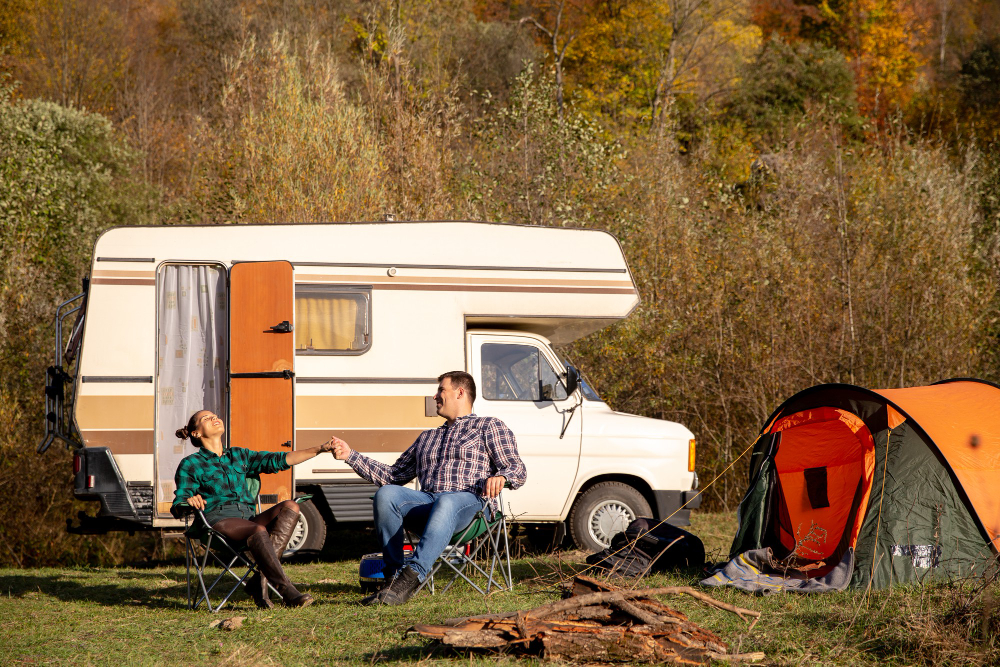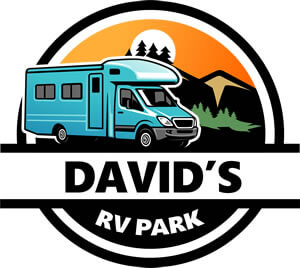
When you're setting out on a grand adventure in your RV, the last thing on your mind should be high power bills or excessive environmental impact. Yet, power consumption is a significant consideration for anyone living the RV lifestyle. From keeping the lights on to running appliances, every amp counts. Here are some savvy strategies to help you conserve energy without compromising on comfort during your travels.
Selecting your parking location is the first step in minimizing energy usage. Opt for shaded areas to naturally cool your RV, reducing the need for air conditioning. Furthermore, position your RV to make the most of any prevailing winds to help with ventilation. Also, choosing an RV park that offers amenities like an electric hookup with power-saving features can help keep consumption in check.
Equipping your RV with solar panels can be a game changer. By tapping into the sun's energy, you maintain a steady source of power for your electronics, appliances, and lighting without adding to your electric bill. With advancements in technology, solar panels are now more affordable and efficient than ever before, making them an attractive investment for long-term and eco-conscious travelers.
Swapping out incandescent bulbs for LED options is one of the simplest and most effective energy-saving upgrades you can make. LED lights use significantly less power, last longer, and produce less heat, making them ideal for a small, confined space like an RV. They're also available in a range of color temperatures, ensuring you can match the ambiance you desire, from warm and cozy to crisp and bright.
It's true that air conditioning can be a lifesaver in hot climates, but it's also a major drain on your power reserves. To avoid overusing it, consider installing additional insulation in your RV and keep shades drawn during the day. If you do need to use the AC, set the temperature a little higher than you normally would, use fans to circulate the cool air, and turn it off when you leave the RV.
When it comes to the appliances you use inside your RV, efficiency is key. Invest in Energy Star-rated appliances whenever possible, and ensure that all your devices are in good working order to prevent energy waste. If you're in the market for new equipment, consider the power draw of each item and choose the most efficient option that meets your needs.
Your refrigerator is one of the biggest power consumers in your RV. Keep it running efficiently by ensuring that the door seals are tight, and the unit is level. Defrost the freezer regularly to maintain optimal performance. Keeping the unit full but not overcrowded can also help, as the contents act as insulation, reducing the need for the unit to work as hard to stay cool.
Consider installing an energy management system in your RV. These devices monitor and regulate the power usage of your various appliances, preventing power spikes and overload. Some systems even have remote access, allowing you to turn off non-essential appliances when you're away or deciding a sleep without getting up. This can significantly reduce standby power usage.
A well-maintained RV is an efficient RV. Regular maintenance, such as keeping your engine tuned and your filters clean, can help improve fuel efficiency. Similarly, ensuring that your generator is serviced regularly will help maintain its efficiency. A service check can identify and fix any issues that may be causing your RV to use more power than necessary.
Saving water is another way to save energy in your RV. Heating water requires a substantial amount of power, so taking shorter showers and using low-flow fixtures can make a big difference. You can also consider heating water using solar panels or a propane-powered system, which are more eco-friendly options than electric water heaters.
All it takes is one careless mistake to negate the impact of all your energy-saving efforts. Educate everyone who travels with you on the importance of conservation and simple house rules like turning off lights when not in use, keeping doors and windows closed when the AC is running, and using energy-saving settings on devices.
By following these tips, you can enjoy the freedom of the open road without the worry of a hefty power bill looming over your adventure. Not only will these strategies benefit your wallet, but they'll also contribute to a more sustainable travel experience. Happy trails! If you're traveling through and looking for an RV park in Pleasanton, TX, consider a stop at David's RV Park, where eco-friendly practices and energy-conscious services are a priority for our guests. Plan your next stay with us and experience the difference.
